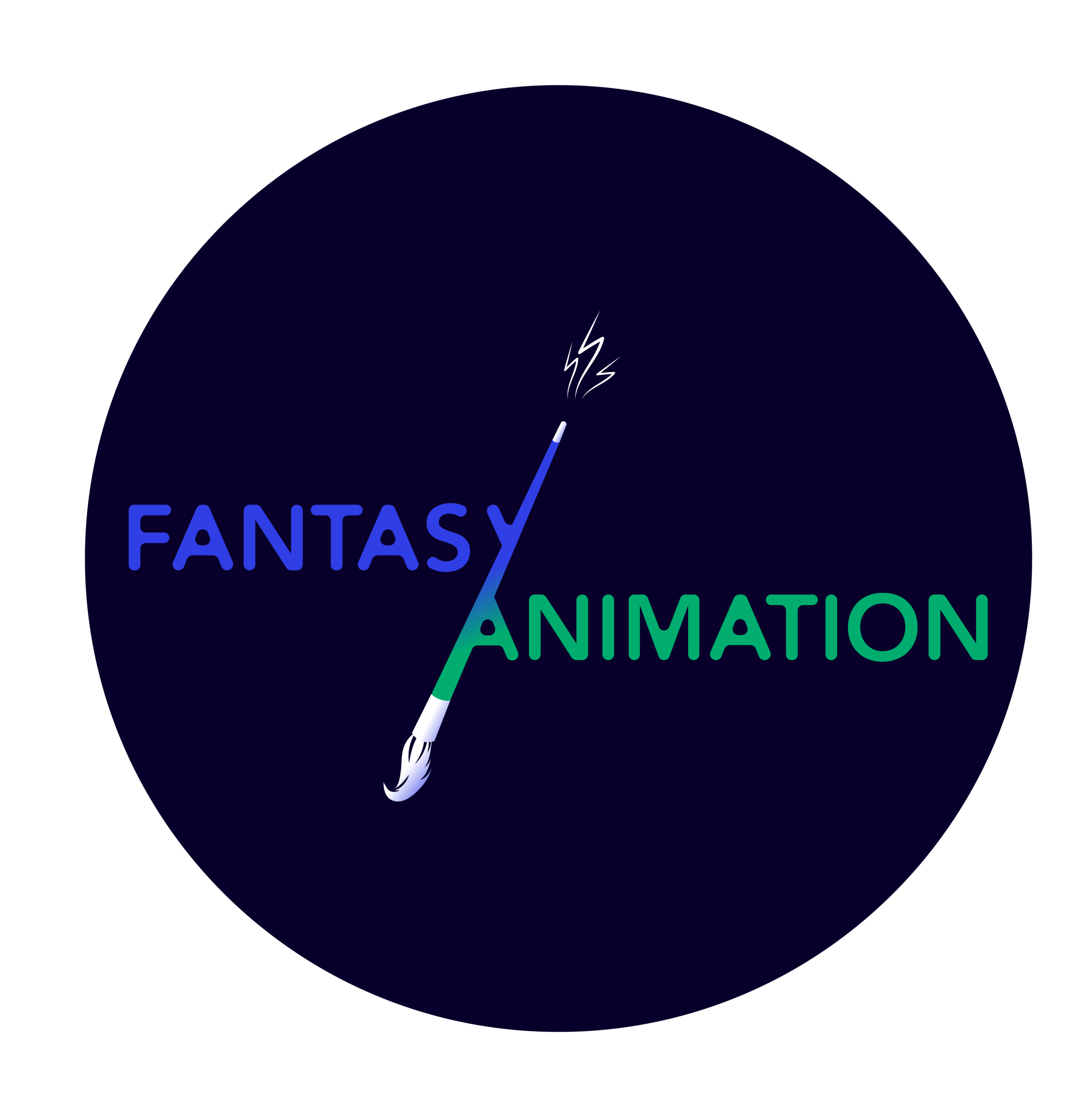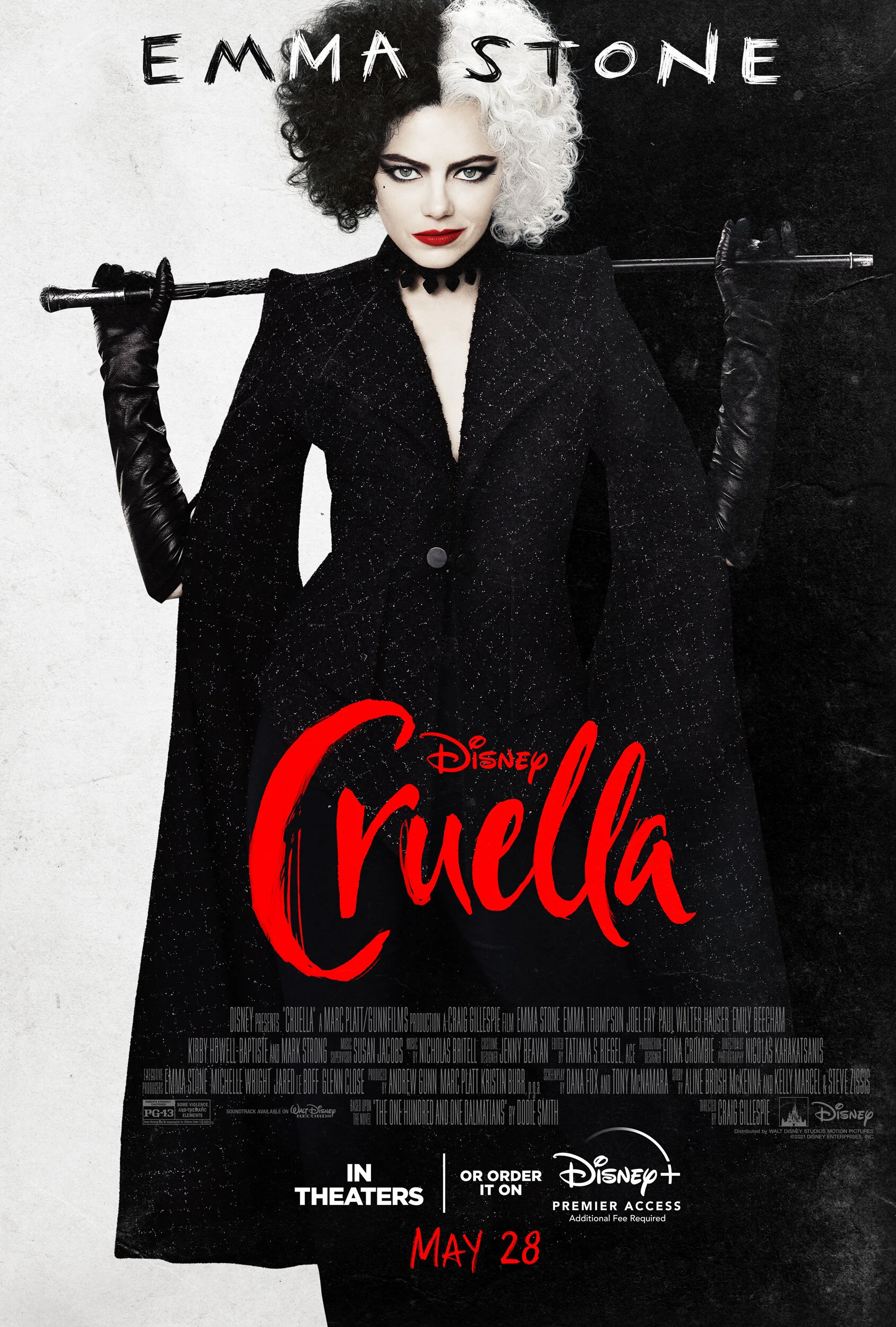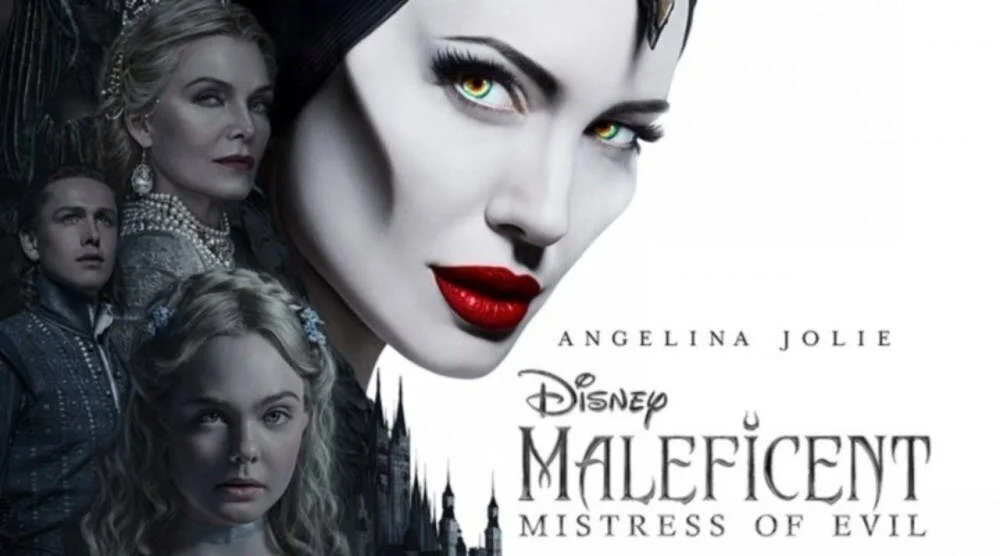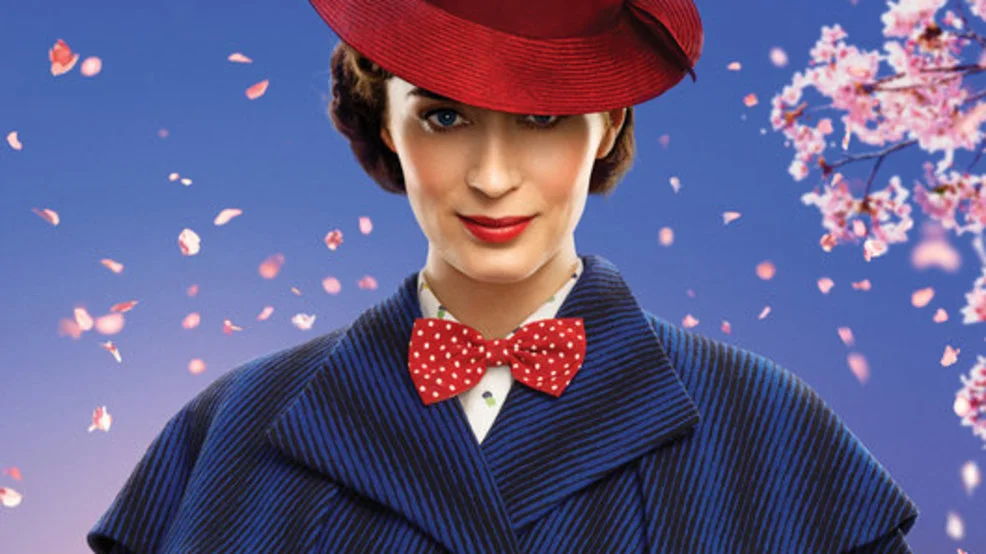From Shakespeare’s A Midsummer’s Night Dream to Disney’s Frozen (Jennifer Lee & Chris Buck, 2013), fantasy storytelling across multiple media has allowed authors to create grand tales of myths, magic, lore, love, and sacrifice. Since the codes and conventions of fantasy do not require the storyteller to be shackled to our world’s laws, sensitivities, cultures, or even physics, the fantastical worlds available to the genre blow us away by what can be possible if we just suspend possibilities, even for a while, so that dragons can fly in our midst and wizards can reveal to us our heroic destinies!
Read MoreIn seeking to describe the sensation of something irreducibly different about films made prior to the institutionalisation of cinema in 1915, film historian Andre Gaudreault refers to the “alien quality” of early cinema (2011, 36). In this blog post, I explore a technique found in the first decades of filmmaking which is certainly alien to commercial cinema today – the representation of an object, character or place in multiple styles within the same film e.g. live action, illustration, puppetry, stop motion.
Read MoreJudging from both the pre-release marketing materials and industry narratives that have surrounded both Mission: Impossible – Dead Reckoning Part One (Christopher McQuarrie, 2023) and Oppenheimer (Christopher Nolan, 2023), one would be forgiven for thinking that Hollywood still retains something of an aversion to digital VFX.
Read MoreHad Disney’s Strange World (2022) made more of an impact the internet might well be flooded with articles comparing Don Hall’s latest work with James Cameron’s behemoth sequel, Avatar: The Way of Water (2022). Both explore magnificent simulated environments, examine the complicated dynamics arising from father-son relationships, and tackle the destructive land-grabbing hunger associated with colonial sentiment.
Read MoreMission: Impossible II (John Woo, 2000) - the second feature in the evergreen Hollywood blockbuster franchise - is a film fascinated by the creative possibilities of Tom Cruise’s face. The film’s extended opening sequence (comprising ostensibly of two action set-pieces, see left) is structured from the start by the drama and jeopardy engendered by the star’s recognisable physiognomy.
Read MoreThe Wheel of Time (Rafe Judkins, 2021) is a highly anticipated Amazon Prime TV series based on Robert Jordan’s book series under the same title. The first season comprises eight episodes and recounts the events from The Eye of the World (1990), the first volume of Jordan’s epic saga, introducing its main characters in a familiar Tolkienian fashion.
Read MoreI’m going to say straight off: I thoroughly enjoyed Cruella (Craig Gillespie, 2021) and I think you will, too. A prequel to One-Hundred-and-One Dalmatians (Clyde Geronimi, Hamilton Luske & Wolfgang Reitherman, 1961) and a re-framing (sort of; more on that shortly) of the beloved Disney villain Cruella deVil, Cruella purportedly tells the story of how the great enemy of dalmatians everywhere became a crazed villain.
Read MoreMetaphors and symbols are closely connected in animated films. In his seminal book Understanding Animation, Paul Wells (1998) describes how metaphors extend from symbols, noting that “whilst the symbol invests an object with a specific, if historically flexible meaning, the metaphor offers the possibility of a number of discourses within its over-arching framework” (1998, 84).
Read MoreWhat’s in a flerken? Having watched Goose regurgitate the tesseract at the post-credit close of Captain Marvel (Anna Boden & Ryan Fleck, 2019), I immediately wanted to know: what’s in a flerken? Finding my answer meant looking to the comics, in particular the reboots of Captain Marvel in print by both Kelly Sue DeConnick and Margaret Stohl. I have to admit to not learning much more about flerkens, alien creatures which appear to resemble ginger cats, but DeConnick and Stohl’s revisionings did give me a lot more insight into Carol Danvers/Captain Marvel as a contemporary woman who struggles with her history.
Read MoreMichael Dougherty’s Godzilla: King of the Monsters (2019) was the thirty-fifth feature to star the giant kaiju (the Japanese word generally used to refer to giant movie monsters). Although it was the latest in a series of films spanning 65 years, it was only the fourth time that “the Big G” had appeared as a fully digitally animated creature, discounting the anime series on Netflix (2017/8).
Read MoreFrom the multi-sunned vistas of Star Wars VIII: The Rise of Skywalker (J.J. Abrams, 2019) to the Slavic monster-hunting in Netflix’s The Witcher (Lauren Schmidt Hissrich, 2020) there has been an immense rise in fantasy and science fiction fuelled by spectacularly crafted movie magic.
Read MoreTwo recent big screen biopics released within a few months of each other between October 2018 and May 2019 offered notably contrasting portrayals of popular musical icons. But if the lukewarm critical reception surrounding recent Freddie Mercury/Queen biopic Bohemian Rhapsody (Bryan Singer, 2018) put the genre under scrutiny for its questionable re-appropriation of real-life, then Rocketman (Dexter Fletcher, 2019) seemed remarkably immune to such criticisms.
Read MoreOn 23rd June 1991, the first Sonic the Hedgehog game was released. For almost 29 years since this first appearance on the Sega Genesis, Sonic has been loved all around the world for being the fastest, coolest hedgehog the world has ever seen, and for being an enduring and iconic figure within the gaming industry.
Read MoreThe Walt Disney Company does not have the best record when it comes to diverse ethnic and racial representation. Despite spending the latter half of the last decade trying to rectify this problem across its Disney, Pixar, and Marvel Studio offerings, attempts to broaden on-screen representation still leaves both audiences and critics wanting.
Read MoreWhat does animation when utilised in cinema have to do with the Anthropocene? This term emerged in the scientific community at the turn of the millennium as a way of categorically establishing the impact of humans (or Anthropos) on Earth by naming the current geological era after them. I seek here in this blog post to think about the relationship between special effects and a geological era characterised by human activity on Earth – global warming, the sixth mass extinction, mass migration.
Read MoreI wouldn’t say I am scared of clowns, but I definitely don’t like them. If you Google search ‘fear of clowns’ there are over ten million results, so it seems I am not alone in my dislike towards these peculiar figures. Taking its cue from something of this ongoing cultural fear around such make-upped entertainers, horror sequel IT Chapter Two (Andrés Muschietti, 2019) offers an often engaging - but always disturbing - and certainly uncanny piece of cinema about an iconic killer clown returning to terrorise his victims once more.
Read MoreI probably should admit upfront that I am an avid fan of J.R.R Tolkien’s The Lord of the Rings. When Peter Jackson’s trilogy was released back in 2001-2003, I devoured the books and watched each film three times at the cinema. I marvelled at the extended DVD versions (with a complete running time of over 11 hours) and trawled through all the extra bonus material countless times over. I was even lucky enough to visit some of the film locations during a visit to New Zealand, a place that is stunning enough without CGI wizardry.
Read MoreIt is a common mistake to suggest that Disney’s Mary Poppins (Robert Stevenson, 1964) is perfect. She never once claimed to be such a thing. In fact, I imagine she would have been quite indignant at the very suggestion. “Practically perfect”, that was the expression she used. Not perfect, but close enough to perfect for us not to quibble too much over the difference.
Read MoreI have to admit that the first time I watched Electricity (Bryn Higgins, 2014) I was not prepared for my emotional response. This was not only because the film presented its subject material and female protagonist in a compelling way, but also because it appeared to chime with my own research interests into fantasy genre and British cinema (Fig. 1). I was later delighted to contribute a chapter on the film to the Fantasy / Animation collection, as it certainly embraces both themes, and challenges existing ideas and preconceptions attached to aesthetics, genre and national cinema.
Read MoreIn the past twelve months, cinema audiences have been treated to not one, but two films based on the eponymous children’s book character, Winnie-the-Pooh. Both focus on male protagonists and explore the psychological effects of growing up and the responsibilities associated with adulthood. Both are live action dramas with frequent forays into animated fantasy sequences. And both films are British / American co-productions with a strong emphasis on the past, nostalgia and heritage.
Read More



















